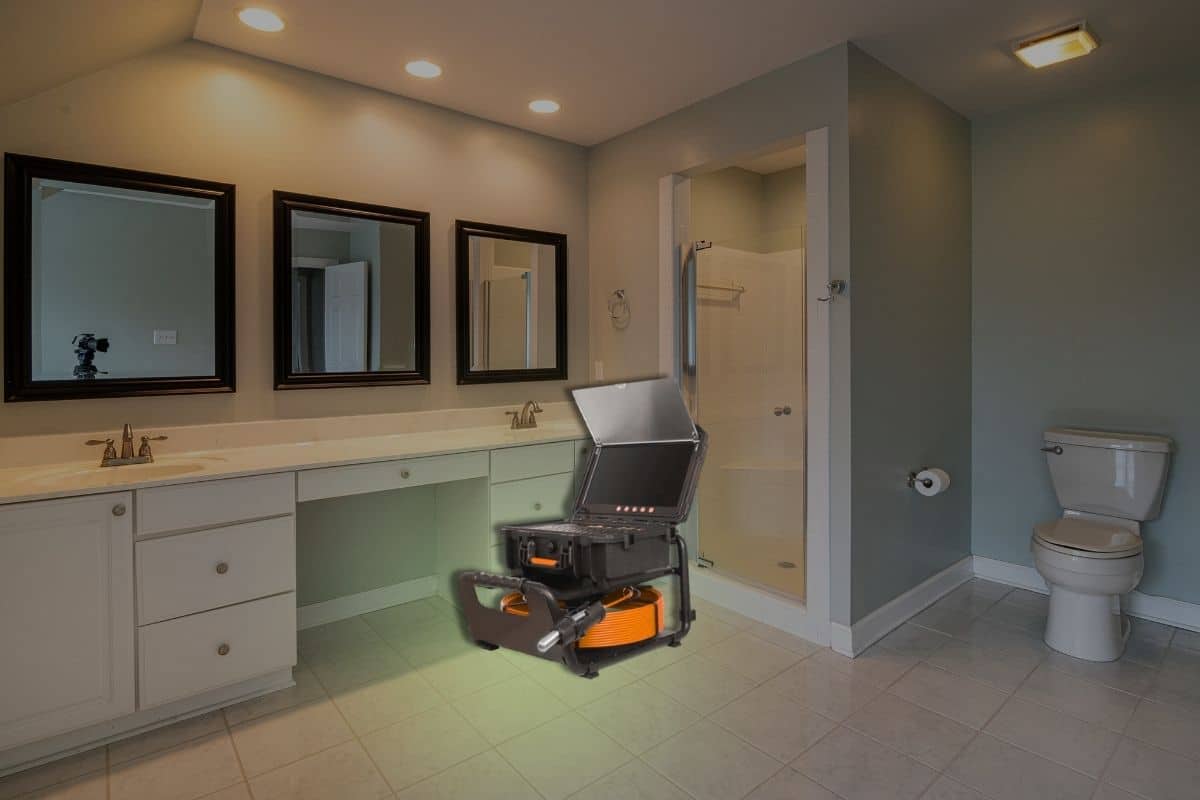Buying a home doesn’t come with a user manual…definitely not a complete process checklist. Most buyers get vague “to-dos,” a few legal-sized folders, and a headache. The truth is that the buying process isn’t one-size-fits-all. You’re juggling finances, inspections, agents, contracts, deadlines, and a pile of paperwork you didn’t know existed til today.
Let’s dig into the too-often-forgotten steps, red flags, and ways you can stay proactive instead of reactive throughout the entire process.
Table of Contents
Toggle1. Get Real About Your Money
Before you touch Zillow or book a showing, take a hard look at what you’re working with. And no, not just the down payment.

You’ll need to factor in:
- Closing costs (typically 2%–5% of the home price)
- Insurance premiums, especially in storm-prone areas like East Texas
- HOA fees or property tax increases if you’re upsizing
- Immediate fixes like a busted water heater or electrical upgrades your inspector catches
Skip the fantasy budget. Use the “I still sleep at night” number instead. If you buy at the top of your range, every surprise feels like a crisis. And when buying a home, there will be surprises.
[ Mini Checklist ] Budget Reality Check
- Down payment saved
- Estimated closing costs calculated (2%–5%)
- Property taxes researched for the target area
- Insurance quotes pulled (especially for wind/hail zones)
- HOA fees, if applicable
- Budget for immediate post-move repairs or updates
- Comfort-level monthly payment (not lender-approved max)
2. Choose a Lender Who Communicates Well
You’re not just comparing rates. You’re evaluating how they explain things, how quickly they respond, and whether they treat you like a file number or a person. Look for:
- Transparent timelines and loan options (conventional, FHA, USDA, VA)
- Clear info on rate locks, points, and estimated closing costs
- Real support when underwriters start asking for your high school transcript
Tip: Ask your agent which lenders they trust, but don’t rely on recommendations alone. A lender who’s great for one buyer might ghost another. Read reviews, call and ask questions, better safe than sorry.
3. Work With an Agent Who Knows More Than Square Footage
A good buyer’s agent doesn’t just unlock doors and comment on countertops. They point out weird sloping floors, catch missing permits, and push back when a listing feels off.
Make sure your agent:
- Knows the area beyond just comps (like flood zones, school rezoning, or sketchy builders)
- Has experience with inspection negotiations and can spot red flags during showings
- Doesn’t pressure you to “act fast” unless it’s actually worth it
4. Picky House Hunting
Photos lie. Staging can distract. Your job during showings is to look beyond the “open concept” and ask, What would I find if this home were already mine and something went wrong?
What to look for:
- Water stains, even if painted over (ceilings, closets, behind toilets)
- New floors with old baseboards (could be hiding past flooding)
- Doors that don’t shut right (possible foundation movement)
- Overwhelming scents (possible mold or pet damage masking)
Take photos. Take notes. Don’t be distracted by throw pillows and trendy light fixtures.

5. Make a Thoughtful Offer, Not a Fast One
Bidding wars get emotional fast. But emotion doesn’t fix structural issues or get you a better interest rate. When you’re ready to make an offer:
- Review recent sold prices, not just active listings
- Include smart contingencies (inspection, financing, appraisal)
- Stay focused on the home’s actual condition and value, not the fear of losing it
Remember, you can always walk away. That’s your leverage.
6. Schedule a Home Inspection
This is the most underrated and most important part of your home-buying process checklist.
A quality home inspection isn’t a rubber stamp. It’s a real look under the hood, led by someone whose job is to find problems, not smooth them over.
At Inspection Gator, our team’s goal is to help you understand the whole picture.
- Structure, foundation, and drainage
- HVAC, electrical, and plumbing
- Roof condition and attic ventilation
- Signs of moisture, pests, poor workmanship, or code violations
Depending on what we find or what type of home you’re buying, we may recommend additional inspections like:
- Sewer scope or septic system checks
- Termite/WDI report
- Foundation elevation survey
- Pool/spa inspection
- Well water or irrigation system evaluations
Don’t just read the summary. Your negotiation power is in the details!
7. Review the Report and Take a Beat
Now’s the time to slow down. Go through your inspection report with your agent and decide what’s worth negotiating.
Some issues are common and manageable. Others are deal breakers. Focus on:
- Safety concerns
- Structural or system-level repairs
- Health hazards like mold or electrical risks
Use licensed professionals if you’re getting quotes for repairs. Sellers will take you more seriously, and your numbers will be harder to dismiss.
8. Lock In the Details, Then Stay on Top of Them
Once your offer is accepted and you’ve cleared inspections, it’s easy to go on autopilot. But this part matters too.
Stay organized with clear communication from your lender, a title work and property survey review, confirmation (receipts and permits) that repairs were done, your final walkthrough checklist (is the house still in the same condition?)
Keep every document. Save every email. This is your safety net if something falls through at the last minute.
[ Mini Checklist ] Post-Acceptance Essentials
- Final loan approval and disclosures received
- Title cleared and survey reviewed
- Repairs verified with receipts or documentation
- Insurance bound and utilities scheduled
- Final walkthrough booked and checklist ready
- Closing funds prepped (wired or certified check)
- All signed documents are saved and backed up
Final Check Before Closing
Before you sign a single thing:
- Reconfirm your closing costs and monthly payment
- Review your Closing Disclosure (by law, you should have this at least 3 days before closing)
- Confirm funds for closing are wired or a cashier’s check-ready
Ask questions. Pause if something feels off. You don’t get a redo once the ink dries.
After Closing: Don’t Drop the Ball
Yes, celebrate! But also:
- Change your locks
- Update your address and register for local utilities
- Utilize our free service HomeBinder for reminders about annual HVAC checks, roof inspections, home maintenance, and more.
Use your inspection report as a roadmap for upcoming projects. Don’t toss it in a drawer. It’s the most honest blueprint you’ll ever have of your home.
Wrapping Up
You don’t need more sales pressure. You need tools, insights, and people in your corner who actually want you to make a smart move, not just close a deal.
That’s where Inspection Gator comes in (with our handy home buying process checklist). Our inspections are thorough, unbiased, and built around protecting your future, not just checking boxes. If you’re buying a home, schedule an inspection that gives you answers, not more questions.





